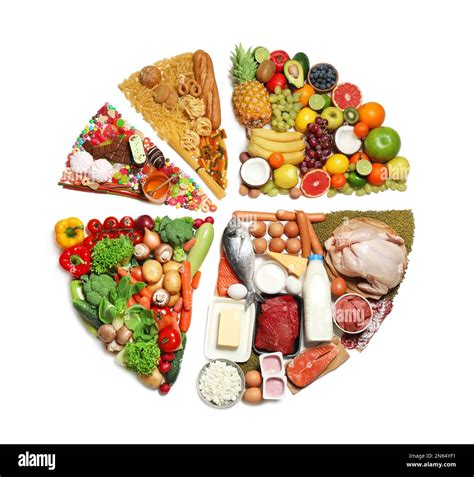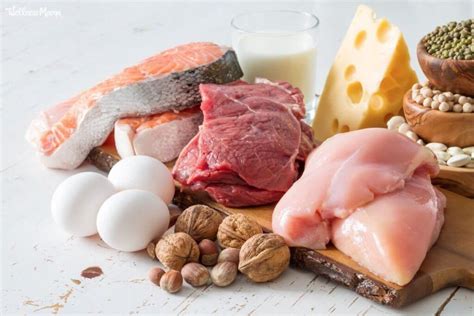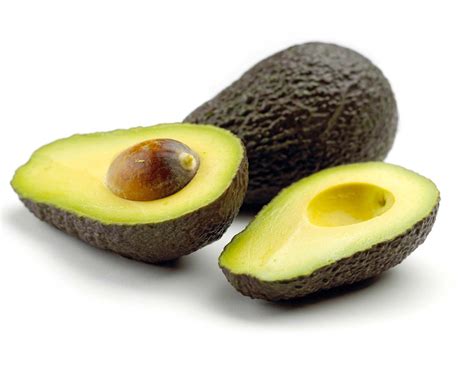Fueling Peak Male Performance: The Dietary Blueprint
Maintaining high energy levels and sharp mental focus throughout the day is a critical demand for men navigating modern life. While factors like sleep and stress management play a role, the bedrock of sustained performance lies in strategic nutritional choices. The right foods don’t just provide immediate fuel; they optimize metabolic function, support cognitive processes, and balance mood, ensuring a consistent output of both physical and mental vigor.
Understanding which foods serve as the most effective “fuel” for the male body and brain is key to unlocking peak potential. This guide delves into the primary food categories that contribute to long-lasting energy and laser-sharp focus, offering a practical blueprint for dietary excellence.

Complex Carbohydrates: The Engine’s Sustained Power
Often misunderstood, carbohydrates are the body’s primary energy source. However, the type of carbohydrate matters immensely for sustained energy. Complex carbohydrates, found in whole grains, fruits, and vegetables, are digested slowly, providing a gradual and steady release of glucose into the bloodstream. This prevents the energy spikes and crashes associated with simple sugars, maintaining stable blood sugar levels vital for consistent energy and focus.
- Whole Grains: Oats, brown rice, quinoa, whole wheat bread offer fiber and B vitamins, crucial for energy metabolism.
- Legumes: Lentils, black beans, chickpeas are excellent sources of complex carbs, protein, and fiber, promoting satiety and stable energy.
- Starchy Vegetables: Sweet potatoes, butternut squash, and other root vegetables provide nutrient-dense carbohydrates that fuel both body and brain efficiently.
Lean Proteins: Building Blocks and Satiety
Protein is indispensable for muscle repair and growth, but it also plays a significant role in sustained energy and mental acuity. It slows down the absorption of carbohydrates, further stabilizing blood sugar and prolonging feelings of fullness, which helps prevent energy dips. Furthermore, protein provides amino acids, the precursors to neurotransmitters like dopamine and norepinephrine, which are vital for focus and alertness.
- Poultry and Fish: Chicken breast, turkey, salmon, tuna, and cod are lean protein powerhouses. Fatty fish like salmon and mackerel also deliver omega-3 fatty acids, which are crucial for brain health.
- Eggs: A complete protein, eggs also contain choline, a nutrient vital for memory and cognitive function.
- Plant-Based Proteins: Tofu, tempeh, edamame, and various nuts and seeds offer substantial protein content for those following plant-rich diets.

Healthy Fats: Brain Fuel and Hormonal Balance
Dietary fats are not just calorie-dense; specific types are absolutely essential for optimal brain function and hormonal health, both of which are critical for energy and focus. Healthy fats provide a long-burning fuel source and support the structural integrity of brain cells.
- Avocados: Rich in monounsaturated fats, fiber, and potassium, promoting heart health and sustained energy.
- Nuts and Seeds: Almonds, walnuts, chia seeds, flax seeds, and pumpkin seeds offer omega-3s, healthy fats, protein, and fiber, making them excellent brain-boosting snacks.
- Olive Oil: Extra virgin olive oil, a cornerstone of the Mediterranean diet, provides monounsaturated fats and antioxidants beneficial for overall health.

Micronutrients: The Unsung Heroes of Energy & Focus
While macronutrients provide the bulk of energy, specific vitamins and minerals act as crucial cofactors in countless biochemical reactions, including energy production and neurotransmitter synthesis. Deficiencies in these micronutrients can lead to fatigue and impaired cognitive function.
- B Vitamins: Thiamin (B1), riboflavin (B2), niacin (B3), pantothenic acid (B5), pyridoxine (B6), biotin (B7), folate (B9), and cobalamin (B12) are essential for converting food into energy. Found in whole grains, leafy greens, meat, and dairy.
- Magnesium: Involved in over 300 enzymatic reactions, including energy production and nerve function. Rich sources include dark leafy greens, nuts, seeds, and whole grains.
- Iron: Crucial for oxygen transport in the blood. Low iron (anemia) can cause severe fatigue. Found in red meat, spinach, and fortified cereals.
- Zinc: Important for immune function and cognitive processes. Present in oysters, beef, beans, and nuts.

Hydration: The Fundamental Requirement
It might seem basic, but adequate hydration is arguably the most fundamental aspect of sustained energy and focus. Even mild dehydration can lead to fatigue, headaches, reduced concentration, and impaired mood. Water facilitates nutrient transport, waste removal, and maintains proper brain function.
- Water: Aim for at least 8-10 glasses of water daily, adjusting for activity levels and climate.
- Herbal Teas: Unsweetened herbal teas can contribute to fluid intake.
- Water-Rich Foods: Fruits and vegetables like cucumber, watermelon, and celery also help with hydration.
Foods to Limit or Avoid
Just as important as what to eat is what to limit. Processed foods, sugary drinks, excessive simple carbohydrates, and unhealthy trans fats can lead to energy crashes, inflammation, and reduced cognitive performance. These should be consumed sparingly, if at all, to maintain optimal energy and focus.

Conclusion: A Holistic Approach to Fueling Success
Sustained energy and sharp focus for men are not achieved through quick fixes but through a consistent and intentional dietary approach. By prioritizing complex carbohydrates, lean proteins, healthy fats, a spectrum of micronutrients, and ample hydration, men can build a robust nutritional foundation that supports both physical vitality and mental clarity. Embracing these food fuels is an an investment in long-term health, productivity, and overall well-being.




